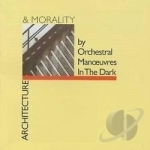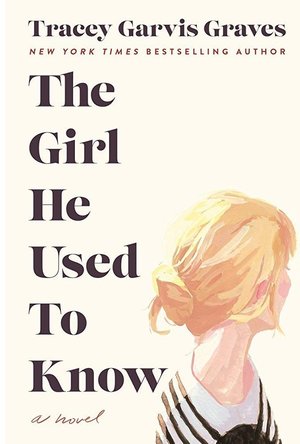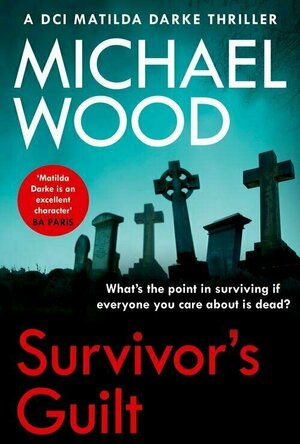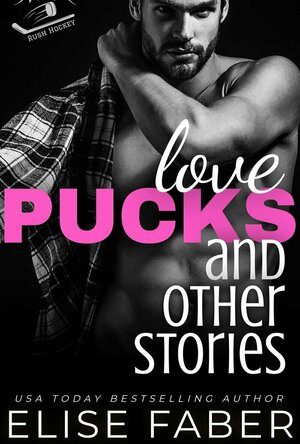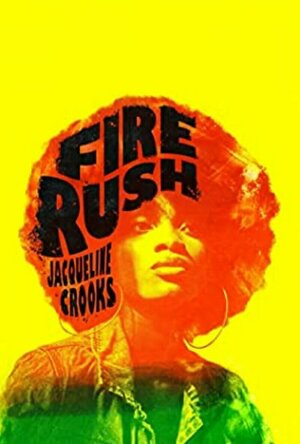Moby recommended Architecture & Morality by Orchestral Manoeuvres In The Dark in Music (curated)
Leanne Crabtree (480 KP) rated The Girl He Used to Know in Books
Jan 12, 2021
https://aromancereadersreviews.blogspot.com
A Romance Reader's Reviews
I'll admit I bought this as a spur of the moment thing from one of my favourite bargain book shops The Works. I've never read anything by this author though I do have her book, "On the Island", to read on my Kindle - and have done for several years now.
This book switches between 1991 and 2001 with almost every chapter after Annika meets her college love for the first time in years, bringing back memories of their time together and making her want to reconnect with him. They meet for coffee and decide to reconnect as friends, going out to dinner later on in the week. Things slowly progress between them and they try again.
The last few chapters of the book take place around September 2001. I honestly had no idea where the author was going with this until the news channel Annika was watching started talking about "a plane crashing into the North Tower" and I'll admit a little shiver went through me.
I'm assuming Annika has some sort of Autism because she has a lot of the same traits as Rikki - from - that I read a little while ago. Doesn't like certain clothing because of how it feels, hates loud sounds, doesn't know how to interact with people very well...etc. In fact this was discussed further on in the book and she is on the Autism spectrum.
I guess people are a bit cruel to those they don't get or understand but I really like how Jonathan always seemed to know what to say and do to ease Annika's anxieties when they were out together. He didn't mind putting his own wants aside to help Annika cope better in situations. They were perfect for each other in that.
I just found the story a little slow and not much seemed to happen in it really. The jumping between months seemed to miss out a lot of their growing relationship and I always feel a little cheated when that happens. I like to read it all.

15500 Useful English Phrases
Reference and Education
App
INVEST some time with this App; it has the potential to become your best communication partner for...
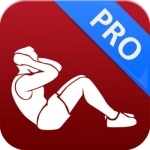
Ab Workouts Pro
Health & Fitness and Sports
App
** Discounted for a Limited Time! ** "It's like the Free version, but ON STEROIDS!" WANT A FLAT...

The Personality Development
Lifestyle and Magazines & Newspapers
App
While most people realize that personality development is a positive step in improving one’s life,...
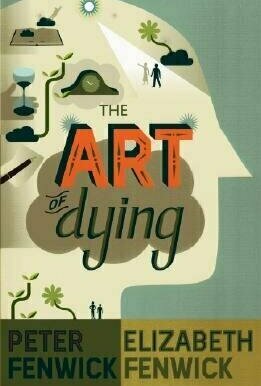
The Art of Dying
Peter Fenwick and Elizabeth Fenwick
Book
The Art of Dying is a contemporary version of the medieval Ars Moriendi--a manual on how to achieve...
Death paranormal
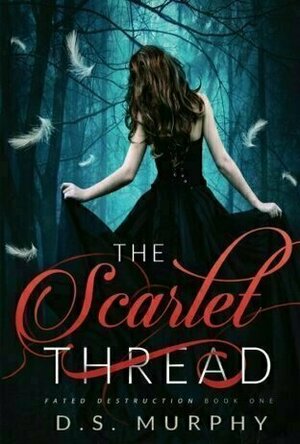
The Scarlet Thread (Fated Destruction, #1)
Book
My name Kaidance Monroe, and sometimes when I touch people, I see how they die. After I saw my...
Hazel (2934 KP) rated Survivor's Guilt (DCI Matilda Darke #8) in Books
Sep 26, 2021
This book follows 3 themes; the aftermath of the massacre that occurred in the previous book, the murder of prostitutes in Sheffield and the long-running theme of the kidnapping of Carl Meagan.
Once again, Michael writes a gripping story that moves at pace. There is violence and edge-of-the-seat moments; I took at sharp intake of breath when the murderer was revealed - I am usually quite good at figuring out who it is but this one absolutely blind-sided me and I actually gasped and said a few choice words that are not repeatable here as I try to avoid profanity in my reviews!
There is also compassion and tenderness and an authentic-feeling description of how grief and tragedy can affect people differently; it can bring you together or completely tear you apart and destroy you and those around you. Everyone is struggling to manage their grief but can they work together to catch the killer or are they too broken?
The characters are just brilliant and I particularly liked how Michael portrayed the prostitutes as "people" rather than the usual stereotypes which made a nice change; I absolutely loved Bev and Sarah. Matilda is, I admit, a difficult person to like in this book but given what she has endured, she is forgiven ... just this once!
Full of tension, suspense and emotion, this book and the series, is one that shouldn't be missed ... roll on number 9!
I am grateful to HarperCollins UK / One More Chapter via NetGalley for my copy in return for an honest, unbiased and unedited review.
Merissa (13760 KP) rated Love, Pucks, and Other Stories (Rush Hockey #4) in Books
Feb 15, 2023
Oh, man, but I'm conflicted on this one. Let me start with the good things:
I loved how dedicated Billie Rose was to her town, even when people didn't see everything she did. And how she brings joy to her own life with washi tape. Joel accepts his place as a minor league hockey player, giving his support to those who will move on whilst he is happy to put down roots. Although he and Billie Rose are usually at loggerheads, when he actually opens his eyes, he sees there is so much more to her than he realised. And he goes about breaking through her walls, ever so softly, until he gets to see the real Billie Rose - workaholic and all.
Okay, so (without spoilers) here's what did me:
That ending! Well, that and it took so long for Joel to figure out that harpy isn't necessarily a nice word! I mean, come on. Even if he didn't see her flinch, on what planet - when he grew up with a nice mum and sisters - did he think that was okay? And speaking of his nice mum and sisters, plus his dad, I can't believe that no one, NO ONE, ever mentioned said ending. Not once! Not even in passing. I'm sure most people will be loving that cliffhanger but, for me, it ruined it slightly. Now there's going to be unnecessary angst with Joel explaining, Billie Rose not believing, and lots of time grovelling until hey, everything's fine again.
On the whole, I enjoyed the story and would recommend it if a) you're a fan of Ms Faber's writing and b) if you don't mind cliffhangers because, trust me, this one's a doozy!
** same worded review will appear elsewhere **
* A copy of this book was provided to me with no requirements for a review. I voluntarily read this book, and the comments here are my honest opinion. *
Merissa
Archaeolibrarian - I Dig Good Books!
But there’s a cloud that hangs over Yamaye’s life. Her mother left when she was young, and she has been raised by a father who seems thoroughly heartbroken by his wife’s departure. There’s also the spectre of racism and police brutality looming over her. Yamaye becomes involved in police brutality protests, and then becomes embroiled in a gang in Bristol, leaving London and her troubles there behind. Or so it seems, because it looked to me like she was just swapping one set of problems for another.
I loved this book, and I wish that it had come with a playlist on Spotify (the actual book may well have a playlist, but I read the NetGalley download) - but never fear! I went looking myself, and was ably assisted by my 16 year old drumming mad son. Now he LOVED the music, and regularly drums along to these new bands and songs that he has discovered for himself.
This is an engaging, exciting story with a vibrancy through its descriptions of inner London as much as those of rural Jamaica. The Jamaican patois was for me the icing on the cake. It made such a distinctive voice (quite literally!), and I soon fell into it’s rhythms.
It’s a book that reminded me of how I felt about music as a young woman (ok, it was different music, but still!) and how it crept into everything in my life.
Themes include: race, misogyny, police violence, oppression of people of colour, gangs, the legacy of slavery, music and belonging. At least these are the themes that I could pick out!
It’s an amazing book - just read it!
